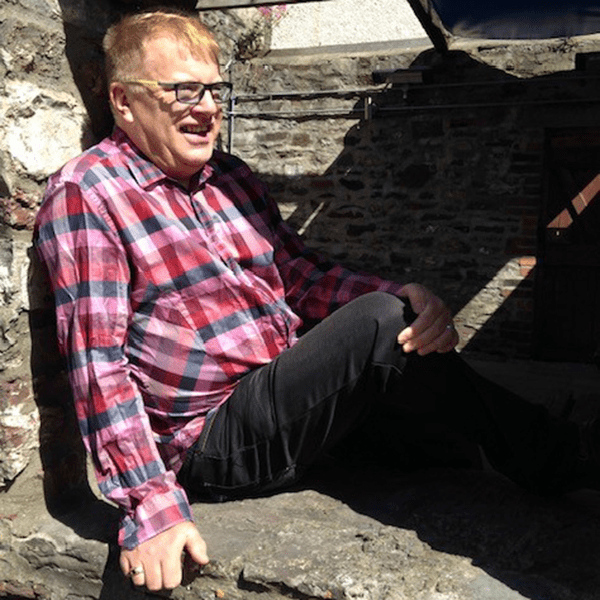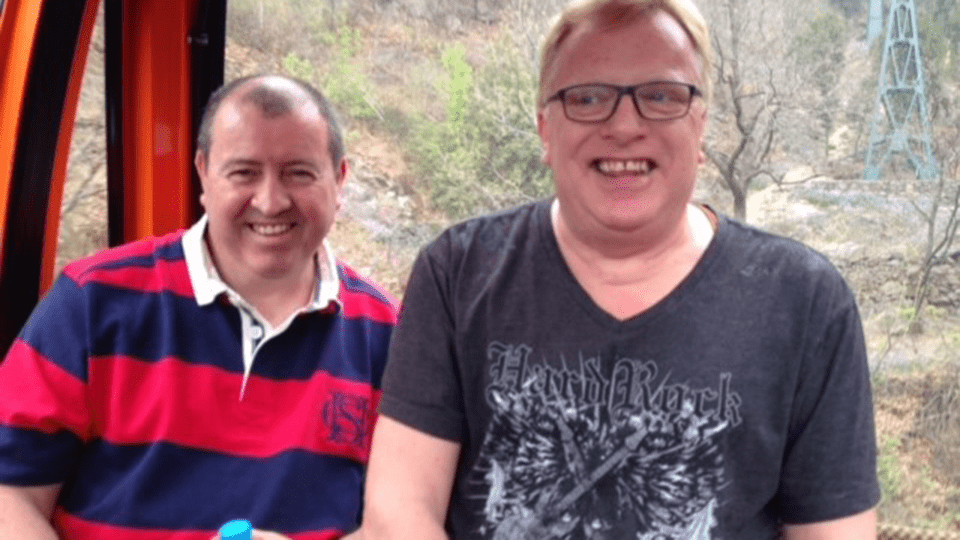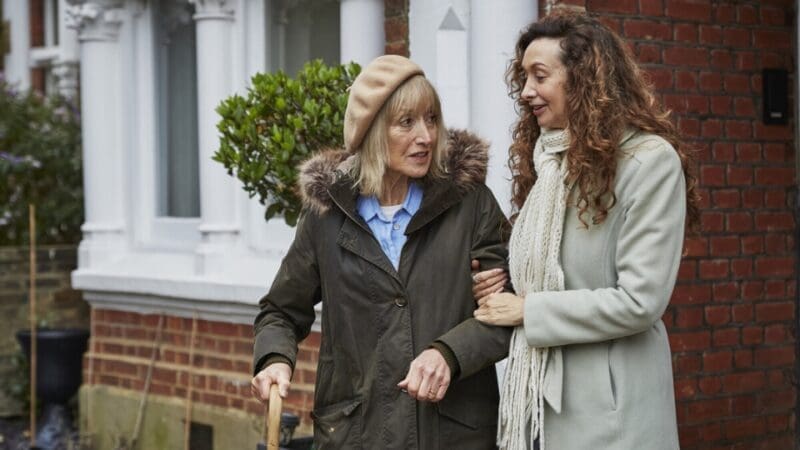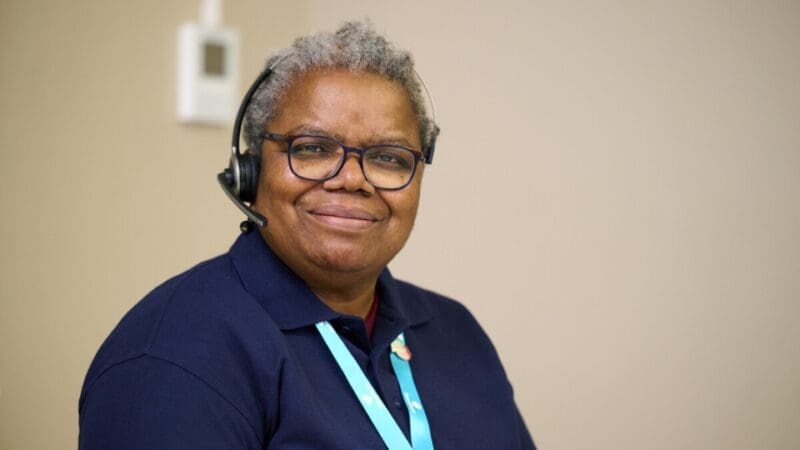When I visited my GP in 2013, I had no idea it would lead to a dementia diagnosis.
Firstly, I was just 55 years old. I wasn’t experiencing memory problems, but I had developed a weakness and tremors in my left arm, was losing my balance and had lost my sense of smell and taste. I was also experiencing severe fatigue. After a lot of tests, an MRI scan showed I had lesions on the brain. Initially they thought it was Lewy body dementia but after further tests, it has subsequently turned out I have vascular dementia.
When that diagnosis came, my understanding of dementia was all about the endgame. I didn’t see anything beyond it being a terminal illness. For months afterwards, I crawled into a hole and felt sorry for myself. I received no post-diagnostic support at all. I was told there was nothing much they could do for me. And so I fell into a deep depression.
I didn’t know dementia could be a journey. But I do now.
Changing my perspective post-diagnosis
What helped me out of my depression was talking to other people who had also received a dementia diagnosis. Through peer support groups and listening to others, I began to realise some pertinent things. That I wasn’t alone, and that life was far from over. There was still so much that we, people living with dementia, could do. So much that I could do.
Since then, I have decided to use my story as an educational tool. I want people to understand that dementia is not just a condition affecting the elderly. And that it’s a condition that needs to be met with compassion and empathy.
Dementia care has progressed, but there is still so far to go in terms of how people with dementia and their families and friends are supported. It’s the biggest killer in the UK and yet it doesn’t get anywhere near enough Government support. There is a great lack of understanding around young onset dementia particularly.
I have to keep my brain active. I was always a workaholic – now I’m trying to apply that trait to helping others. I know my time is limited but I’m doing everything I can (my family says too much!) before it runs out.

Two layers of stigma
As a gay man, I’m sad to say that discrimination is not foreign to me.
I vividly recall the 1980s and 1990s when gangs would wait outside gay bars to beat you up when you came out. It was called ‘gay bashing’ and I was hospitalised by it. So yes, I have seen stigma at its worst.
When I was diagnosed with dementia, I began to experience stigma again, albeit in a different form. Not in a violent way, thankfully, but in ways that were still incredibly hurtful.
I began to see friends that I’d spent so much time with start to distance themselves. My employer decided that because of the responsibilities I held in my role as director of a multinational company, I couldn’t continue in my job. They decided that despite not being medically qualified. I know I could have worked for another five years at least. I have always been a bit of a workaholic. After serving as a director for 22 years, regularly working 60-70-hour weeks and travelling all over Europe, being told that you’re no longer capable is hard to take.
My soulmate, Bernard
I met Bernard in the 1980s. It wasn’t long before we were best friends. But in the 1990s we became more than friends. We’ve been together a long time. He is my soulmate.
We signed our civil partnership certificate just before the pandemic. We’ve been together for so long, so it was more a formality than a lavish affair. In fact we both wore jeans and t-shirts!
Unfortunately, when Bernard was my partner and not my civil partner, he wasn’t allowed to receive my medical information. Instead, it had to be my brother or my son. If this were a heterosexual relationship, I’m quite sure the question wouldn’t have even been asked.
My dementia hasn’t been easy on Bernard. I’m more argumentative than I was. I don’t like being told, “No.”. I’ll often tell him to stop analysing me, or to stop telling me what to do – when the truth is he’s trying to care for me.
I don’t sleep well. I’ll often get up, log onto my emails and then start online shopping, often purchasing things that we don’t need. I’ve bought things that I’ve already purchased previously three or four times over.
I can’t help around the house, and I can no longer cook because I find it really hard to follow steps in order. I actually bought a slow cooker in one of my midnight shopping escapades and I thought, “Well, all I have to do is chop everything up and put it in – I can do that!” So I chopped my ingredients and put them in the slow cooker before we headed out for the day, excited that a hot stew awaited us for dinner. Instead, we came home to find that I’d forgotten to switch it on.
Things like this sound small but they’re demoralising. They hurt your confidence.

I’m still Andy
A few years ago, I was giving a talk about patient-centred care, and a young woman in the audience asked me, “When you go into a hospital, what is one word that sums up how you would like to feel?”
My initial thinking was, “What a great question; can I have six months to think about it?!” But then after a few moments, reflecting on all my interactions with health professionals over the years, I realised my response was easy.
I just want to feel safe.
This is the foundation all other levels of support need to be built on.
I’ve spoken with so many people living with dementia since my diagnosis 11 years ago. The number one thing that comes across is that we are all still here. I am not just my dementia, I am Andy. Even when it comes to the end stages, deep inside I’ll always be here.




